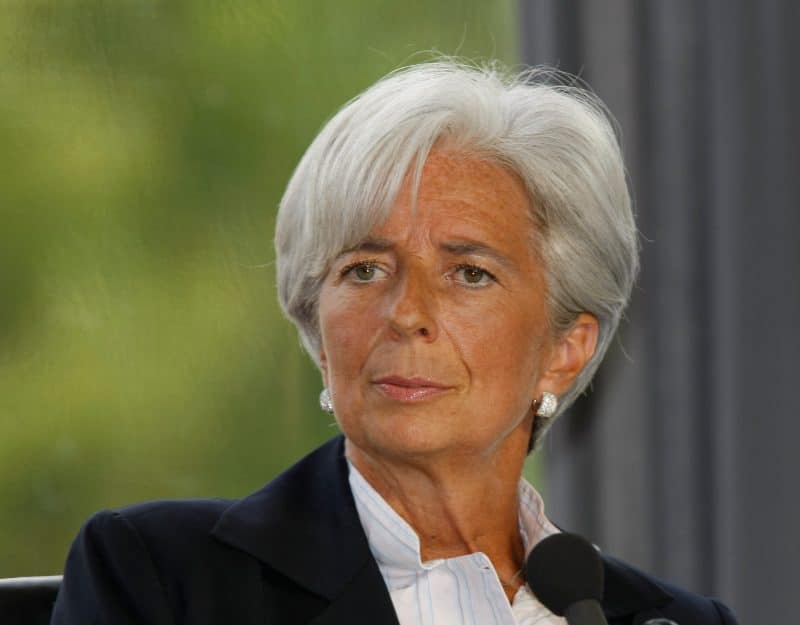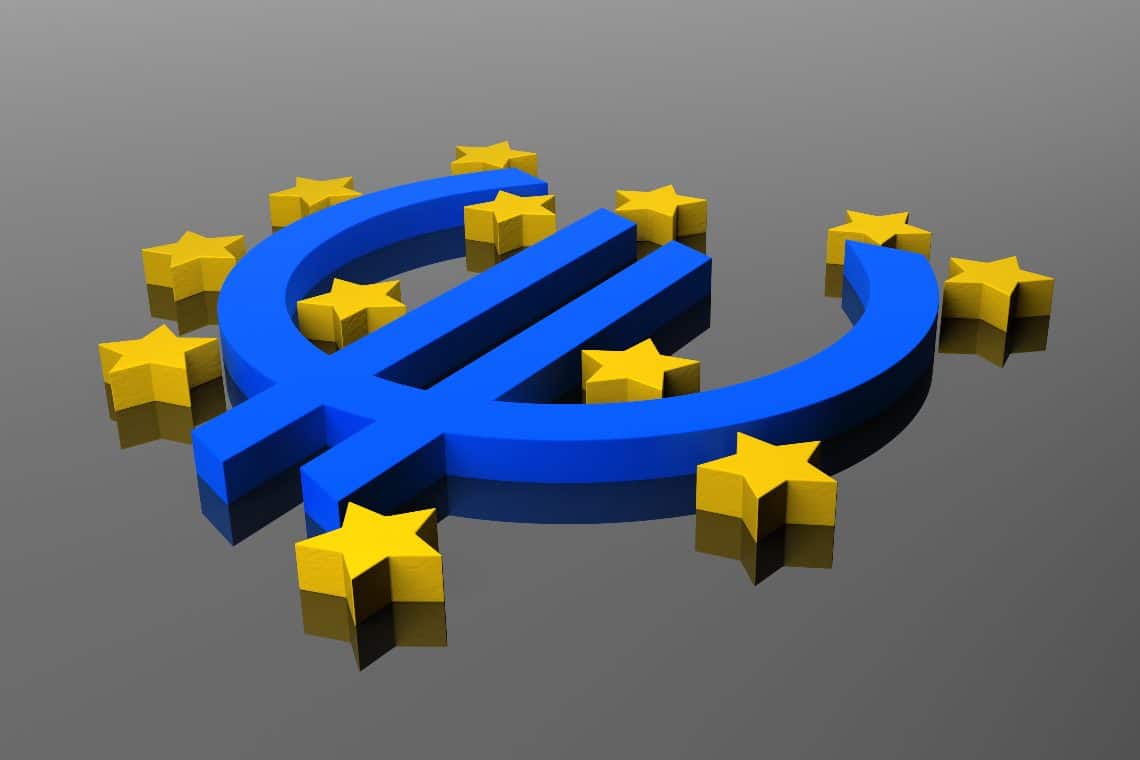During the fintech conference “Money20/20” held in Amsterdam from 21 to 23 September, the Italian digital payments giant Nexi announced its collaboration with the European Central Bank with the aim of developing the digital euro, the European CBDC.
Summary
Pairing digital and physical currencies as a line of innovation
The increase in the use of digital payments during the Covid-19 emergency and the rise of cryptocurrencies have led many central banks to question the possibility of creating a Central Bank Digital Currency.
In June, the ECB initiated a consultation on how to create a digital euro alongside the physical one, taking the necessary precautions and analyses, especially in the area of security.
Nexi joins the digital euro project
Money20/20 is the largest global fintech event that enables innovation in payment services or other financial instruments for commerce. This year it was attended by more than 4,000 participants representing around 1,500 companies operating in the fintech sector.
And it was on this occasion that Paolo Bertoluzzo, CEO of Nexi, regarding the fresh collaboration with the ECB for the digital euro project, said:
“We are engaging with the European Central Bank and contributing to the design of the future digital euro because we believe it can be a positive force in the evolution of digital payments. We are starting to talk about a new version of money. This is how they think about it,” referring to the digital banking groups.
With a market value of €18 billion, Nexi is one of the largest payment companies in the European Union. This past year, the company acquired two paytech competitors, Nets and SIA, for a total of €12 billion.
The Italian fintech also offers payment services for other banks, managing roughly 41 million cards and 2.7 billion transactions per year.
As far as the crypto economy is concerned, the position of Paolo Bertoluzzi and his company on CBDCs and stablecoins is more than favourable as they are regarded as tools that offer the stability that merchants and users need while making any kind of payment, and could be very important to fight crypto volatility and fiat inflation.
On the contrary, Nexi’s CEO does not see cryptocurrencies in the same way, rating them positively for trading activities but negatively for payments of all kinds. He further added:
“They are clearly an asset class. But they fluctuate up and down on a daily basis based on the latest statements of someone in Silicon Valley.”

Christine Lagarde envisages a lengthy timeframe for legal crypto development
According to ECB President Christine Lagarde, it takes about five years to fully develop the Central Bank Digital Currency, factoring in an initial investigative phase that could take two years.
Following the pilot projects carried out by China, Nigeria, Jamaica, Japan and Singapore on the new digital national currencies, the European Union also wants to focus on this innovative solution.




